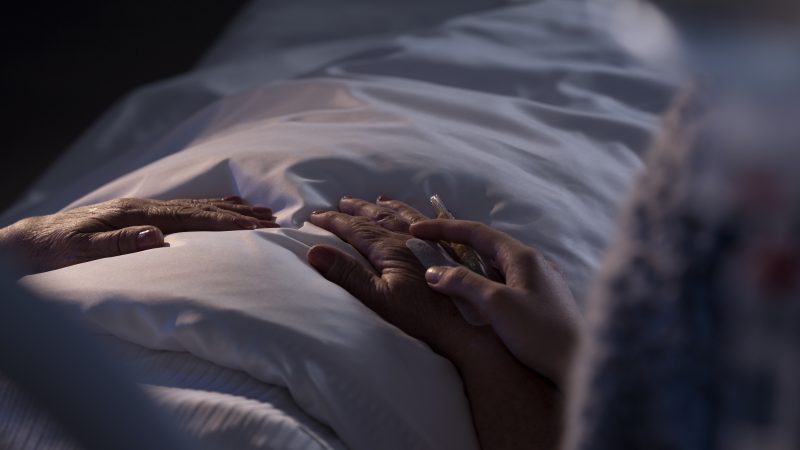
Recently on my Facebook page, I posted a note in response to the confirmation by my colleague Kim Leadbeater that there would be a vote on assisted dying. As is the case with lots of MPs, I had already received considerable correspondence on the issue and wanted to set out my views and invite comments.
I received a lot of replies pretty much mainly all in favour of changes to the law on assisted dying.
My parliamentary inbox is not quite as one-sided. A lot of people writing to say they are opposed to the measure but like on Facebook there has also been support for it.
A close member of my family has a long-term condition for which there is no cure. Whilst now they are in every other way fit and healthy; one day, no doctor knows when, their quality of life will likely seriously diminish. And it will continue to do so. One day it may come to them wanting to make the decision on how they want to deal with death.
Yet I still find myself struggling on the issue and continue to look at all the issues being raised by both sides. A year ago, I knew where I stood very definitely; we should have some form of assisted dying. Now, I’m less certain.
Considering the arguments
I went to a Church of England school and was very actively religious growing up. But I lost my faith over a decade ago. So, my internal conflict is not because of faith or religion.
Then I return to first principles. I am appalled at what I see in the USA with women’s rights on abortion under attack. Autonomy over one’s body absolutely matters.
Equally, I remain strongly opposed to capital punishment, and there is ample evidence to be certain that innocent people have at some point paid with their life.
In the debate on assisted dying we hear a lot about safeguards, but any safeguards introduced won’t be as strong as the current law.
It remains possible, even likely, that those safeguards will occasionally fail and that someone will end their life through either coercion or lack of information.
READ MORE: ‘Why legalising assisted dying would create a “two-tier” system in our NHS’
Opponents of assisted dying, like opponents of abortion, should accept that not allowing it in this country doesn’t prevent people from ending their lives. It just makes it harder as those wanting to act it out must find a means to do so, likely by going abroad.
The better off will find this easier than those with fewer resources. As a Labour MP, of course I find this tricky; we’re all about equality.
But ending your own life should remain difficult, not the easy option and not encouraged by the state.
The reality is that it is something that across the board the state actively tries to prevent from happening and perhaps we should look at and improve end of life and palliative care before resorting to legislation for assisted dying.
To close, all of the above are reasons I along with many other MPs are struggling to decide on this issue, which may be a decision in itself.
- SHARE: If you have anything to share that we should be looking into or publishing about this story – or any other topic involving Labour– contact us (strictly anonymously if you wish) at [email protected].
- SUBSCRIBE: Sign up to LabourList’s morning email here for the best briefing on everything Labour, every weekday morning.
- DONATE: If you value our work, please donate to become one of our supporters here and help sustain and expand our coverage.
- PARTNER: If you or your organisation might be interested in partnering with us on sponsored events or content, email [email protected].




More from LabourList
‘Council Tax shouldn’t punish those who have the least or those we owe the most’
Two-thirds of Labour members say government has made too many policy U-turns, poll reveals
‘Two states, one future: five steps on the path to peace for Israelis and Palestinians’